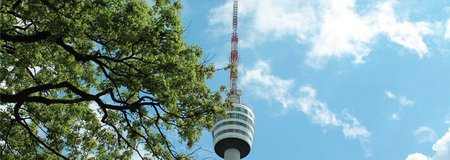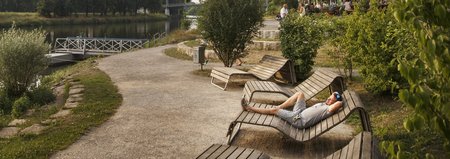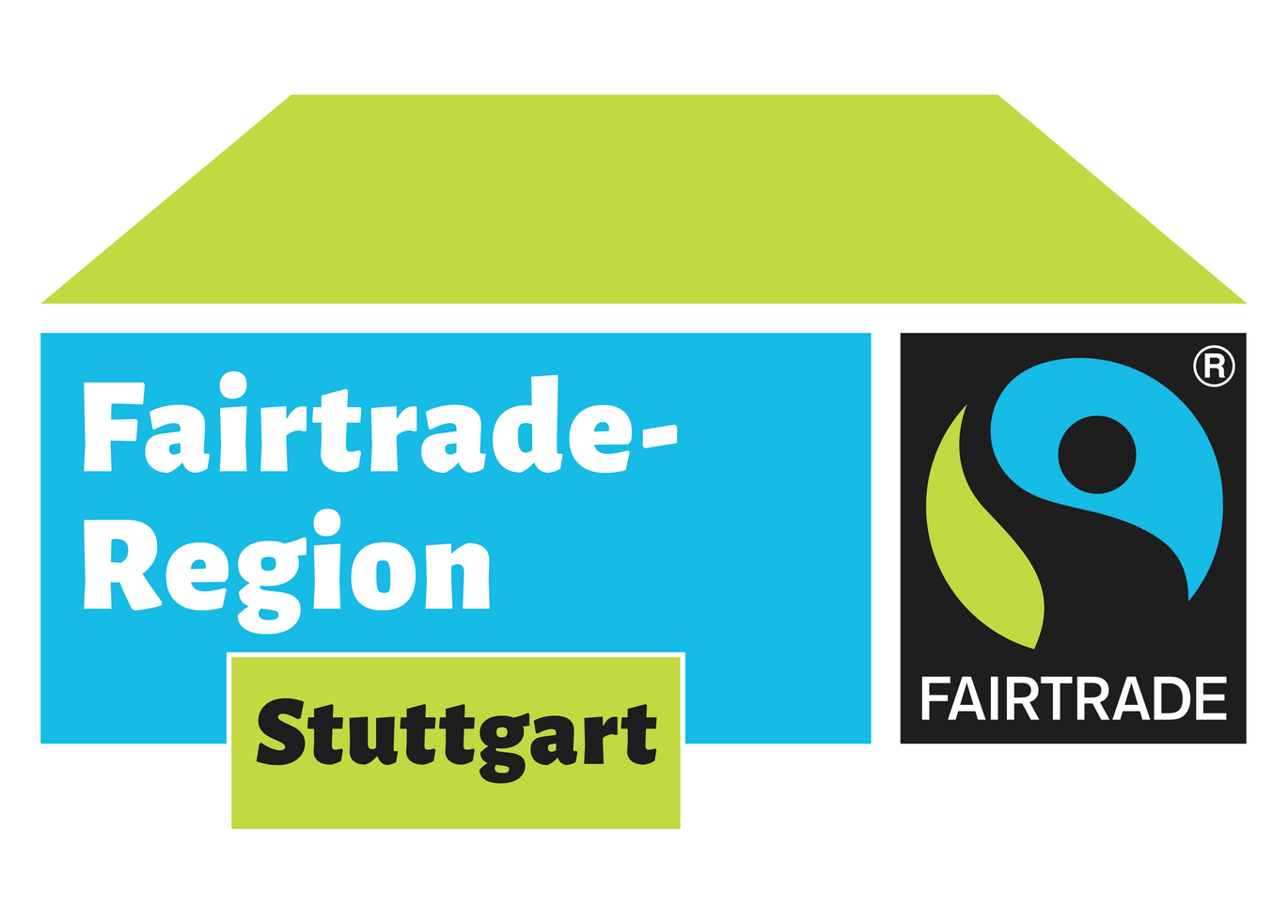Many of the products we consume every day are produced in the countries where they are grown with wages below the subsistence level or with child labor without any prospect of the young people attending school. Chocolate and bananas are just a few examples. But there is another way. This is shown by the campaign of the Fairtrade Germany association in Cologne. In July 2021, the regional assembly therefore decided to take part in the campaign. On January 31, 2023, the Verband Region Stuttgart received its first certification as a Fairtrade Region Stuttgart. This made the Stuttgart Region the first Fairtrade region in Baden-Württemberg. The certification was extended for a further two years in January 2025.
A prerequisite for certification is a steering group set up specifically for this purpose. It consists of members from different areas of society who have extensive networks in civil society, politics and business: Representatives of the Verband Region Stuttgart, the One World Initiative, Wirtschaftsförderung Region Stuttgart GmbH, Regio Stuttgart Marketing- und Tourismus GmbH, IHK Region Stuttgart, the churches, JugendRegion Stuttgart, the associations KulturRegion Stuttgart and SportRegion Stuttgart as well as the Stuttgart University and Science Region are all involved. The steering group coordinated the path to becoming a certified Fairtrade region and is now supporting the further process with impulses and ideas. It is also tasked with spreading the topic across society and coordinating local activities. It met for the first time in November 2021 and has met twice a year since then.
Another requirement is to use Fairtrade coffee and another fair trade product in the ongoing business of the Verband Region Stuttgart. In addition, educational activities and public relations work are planned, and the Stuttgart Region Association is also regularly active in this area. In addition, retailers and restaurants in the region must offer a minimum number of fair trade products. The same applies to the use of products in public institutions such as schools, clubs and parishes. Educational activities and public relations work are also planned. All of these criteria are fulfilled by the local conditions in the Fairtrade municipalities in the region.







